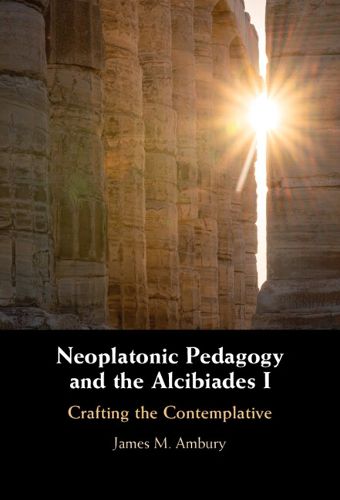Readings Newsletter
Become a Readings Member to make your shopping experience even easier.
Sign in or sign up for free!
You’re not far away from qualifying for FREE standard shipping within Australia
You’ve qualified for FREE standard shipping within Australia
The cart is loading…






Many philosophers in the ancient world shared a unitary vision of philosophy - meaning 'love of wisdom' - not just as a theoretical discipline, but as a way of life. Specifically, for the late Neoplatonic thinkers, philosophy began with self-knowledge, which led to a person's inner conversion or transformation into a lover, a human being erotically striving toward the totality of the real. This metamorphosis amounted to a complete existential conversion. It was initiated by learned guides who cultivated higher and higher levels of virtue in their students, leading, in the end, to their vision of the Good, or the One. In this book, James M. Ambury closely analyses two central texts in this tradition: the commentaries by Proclus (412-485 AD) and Olympiodorus (495-560 AD) on the Platonic Alcibiades I. Ambury's powerful study illuminates the way philosophy was conceived during a crucial period of its history, in the lecture halls of late antiquity.
$9.00 standard shipping within Australia
FREE standard shipping within Australia for orders over $100.00
Express & International shipping calculated at checkout
Many philosophers in the ancient world shared a unitary vision of philosophy - meaning 'love of wisdom' - not just as a theoretical discipline, but as a way of life. Specifically, for the late Neoplatonic thinkers, philosophy began with self-knowledge, which led to a person's inner conversion or transformation into a lover, a human being erotically striving toward the totality of the real. This metamorphosis amounted to a complete existential conversion. It was initiated by learned guides who cultivated higher and higher levels of virtue in their students, leading, in the end, to their vision of the Good, or the One. In this book, James M. Ambury closely analyses two central texts in this tradition: the commentaries by Proclus (412-485 AD) and Olympiodorus (495-560 AD) on the Platonic Alcibiades I. Ambury's powerful study illuminates the way philosophy was conceived during a crucial period of its history, in the lecture halls of late antiquity.